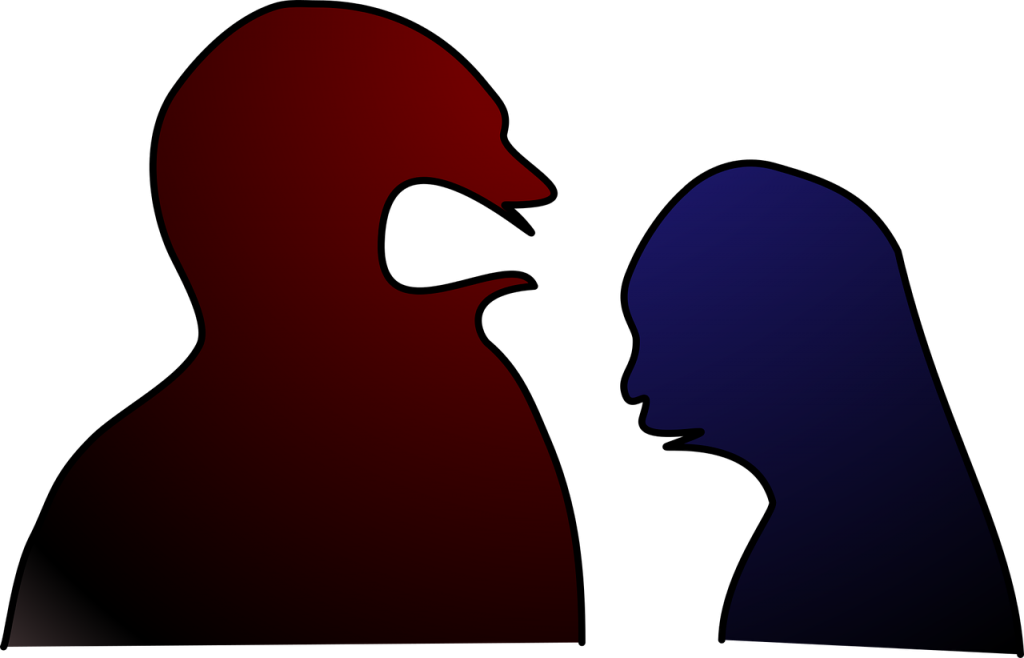The old saying that actions speak louder than words isn’t entirely true. We make all kinds of life choices with words only. Think of the marriage that starts with a simple “I do”, and all the promises and commitments we make every day with the help of language.
It’s only natural to expect that same form of communication to have a negative impact, and a permanent one at that when it’s particularly hurtful and damaging. The need to conform to politically-correct terms is not just a legal issue, but a question of ethics and basic human decency – carefully choosing words to describe a feature to someone or describe someone’s identity can mean the difference between respect and verbal abuse.
Getting to know the subtext of what you say and recognizing negative patterns in communication is a great start to reducing and eliminating bias and prejudice from our perception, so it’s vital to start making changes in how we communicate.
You don’t know the whole story
We all have different levels of patience, different humor preferences, or different experiences that have shaped what we perceive as funny or acceptable to say to someone else. Simply taking into account that the other person may have gone through a traumatic experience that you’re not aware of can serve as a boundary for you to consider the potential consequences of your words.
While some people might feel comfortable joking at the expense of sexual abuse and harassment, you’ll find that many who have had such an experience might not be so eager to laugh. These words can serve as triggers, cause anxiety, and diminish your chances to build a relationship because they will no longer feel safe in your company. Who knows? Maybe their abuser has made the same jokes before actually escalating to taking actions.
There are a time and a place
Each culture has different tolerance levels for vulgarity, profanity, and what can be deemed offensive or abusive in terms of your vocabulary. If you live in Australia, for example, it makes sense to rethink your verbal repertoire to adjust to local expectations, since there’s a clear legal difference between lighthearted humor with a few unsavory details and being clearly offensive and verbally abusive. This is especially vital if you conduct yourself inappropriately near a school or in a public area.
There are many different situations involving offensive language that experienced criminal lawyers in Parramatta and other cities in Australia can handle, but their outcome depends on the circumstances, so it’s wise to consult a professional to assess your situation. Laws clearly show cultural expectations and recognize the individual’s rights, they also protect your integrity when someone tries to use offensive language to undermine you, insult you, or cause harm.

No need to make someone feel uncomfortable
We swear all the time, and we often use a range of curse words even in front of our kids – which is precisely how they pick up these phrases. Yet we are role models, and we have the power to help our kids understand how using words can make their peers feel sad, hurt, or uncomfortable.
Even if our words aren’t directed at the person to whom we’re talking, they might feel uncomfortable with your communication style. They might recognize patterns that reveal negative stereotypes, subconscious bias, or prejudice, all of which can further alienate them from you. Your kids might do the same and alienate entire groups of classmates if they start using the same negative language patterns they’ve picked up from you.
A slip-up or a behavioral pattern?
Sometimes we may even surprise ourselves with how we choose to phrase something, which in turn, may become a vessel for self-discovery. After all, we speak, read, and write every day, and we use language in our thought processes, but it’s not a one-way process. While our thinking does shape our words, our words also have an impact on how we behave and think.
From a long-term perspective, consistently using offensive language can become a reflection of your values and lead to unwanted negative actions. You may resort to hurtful behavior when you’re prone to using abusive verbal patterns. It pays to listen to yourself and to others around you who tell you how they feel regarding your own communication approach. Perhaps there’s a deeper issue than a one-time verbal slip-up, so use your language to uncover your attitudes and grow as a human being over time.




